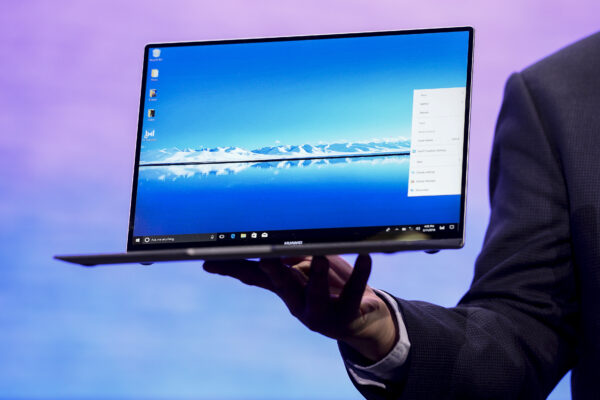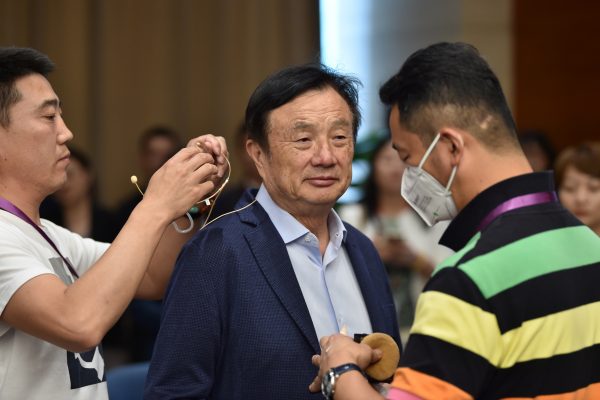Five U.S. senators wrote to Microsoft on Oct. 7 concerning the “real and urgent” threats posed by Chinese tech giant Huawei.
The letter was in response to Microsoft President Brad Smith, also the U.S. software developers chief legal officer, who said in a Bloomberg Businessweek interview that U.S. regulators should provide more evidence to back up its rationale for blacklisting Huawei.
In May, the U.S. Department of Commerce placed Huawei and 68 subsidiaries on an “entity list” on national security grounds, which effectively banned it from doing business with U.S. companies unless it applies for a special license. U.S. authorities have since added more Huawei subsidiaries to the list.
“To tell a tech company that it can sell products, but not buy an operating system or chips, is like telling a hotel company that it can open its doors, but not put beds in its hotel rooms or food in its restaurant,” Smith told Bloomberg.

The senators, including Tom Cotton (R-Ark.), Marco Rubio (R-Fla.), Rick Scott (R-Fla.), Mike Braun (R-Ind.), and Josh Hawley (R-Mo.), listed examples of Huaweis cyberespionage and technology theft.
“We appreciate Microsofts communications with our offices and your understanding of the threats posed by Huawei. We also understand that many American companies have conducted business in good faith with Huawei and other Chinese telecommunications companies,” the letter stated.
“We believe, however, that a review of publicly available evidence indicates that the security concerns about Huawei are real and urgent.”
The senators also quoted Secretary of Defense Mark Esper, who cautioned European allies against Chinas security threats, during a speech in September.
“Huawei is the means by which China would get into our networks and our systems, and either attempt to extract information or to corrupt it, or to undermine what were trying to do,” Esper said.
Cotton said in an Oct. 7 tweet, “Huawei poses an enormous threat to our national security.”
Cottons office could not be reached as of press time.
Concerns About Huawei
Huawei is a major Microsoft customer, using Microsoft software for its devices.
U.S. officials and experts have previously sounded the alarm over the company, saying its products could be used by the Chinese regime for spying or to disrupt communication networks due to its close ties with the Chinese military. Critics have also raised the point that Chinese laws compel Chinese companies to cooperate with intelligence agencies when asked.
Although Huawei claims it has no ties with the Chinese regime, the companys founder, Ren Zhengfei, was an officer at Chinas Ministry of Security, the countrys top espionage agency. Sun Yafang, who served as Huaweis CEO from 1998 to 2018, also worked for the same agency.


A July study by Christopher Balding, an associate professor at Fulbright University Vietnam, analyzed the leaked CVs of thousands of Huawei employees and found that about 100 staff members had links to Chinese military or intelligence agencies.
“The CCP has office space and minders inside Huaweis Shenzhen headquarters,” the senators letter states.
According to a biography published by the state-run publication Huazhong University of Science and Technology Press, the Chinese military was Huaweis main customer during the 1990s.
The China Development Bank, a financial institution under the cabinet-like State Council, has “closely worked with Huawei since 1998 and signed a cooperation agreement with Huawei in 2009 to supply it with $30 billion in low-interest loans,” according to a 2009 report on state media Xinhua.







